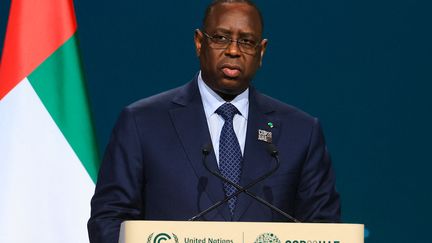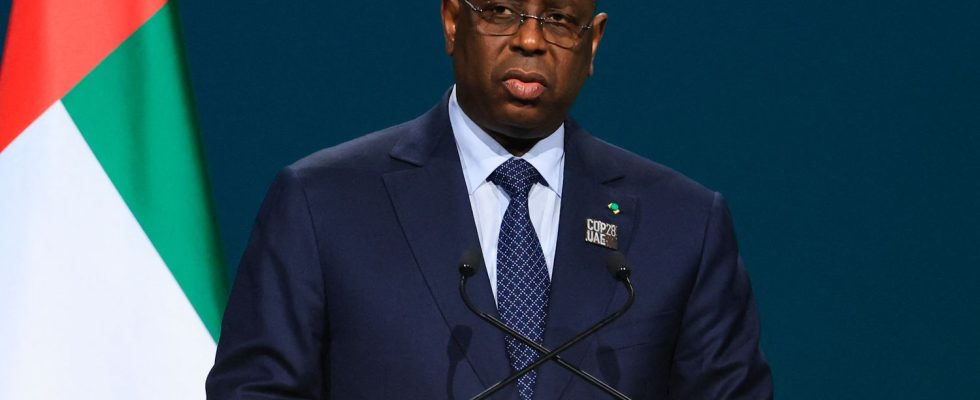This is the first time since 1963 that a presidential election by direct universal suffrage has been postponed in the country.

Published
Update
Reading time: 1 min

When will the next presidential election take place in Senegal? The Senegalese head of state, Macky Sall, announced on Saturday February 3 that he had repealed his decree setting the date of the presidential election for February 25. This decision follows the establishment of a parliamentary commission investigating two judges of the Constitutional Council, whose integrity in the electoral process is contested.
His statement came a few hours before the opening of the electoral campaign for the vote. Twenty candidates were to compete. “I will initiate an open national dialogue, in order to create the conditions for a free, transparent and inclusive election”declared the head of state during his speech to the nation, without giving a date.
This is the first time since 1963 that a presidential election by direct universal suffrage has been postponed in Senegal. The head of state set the presidential election for February 25 in a decree at the end of November. A month later, he promised that he would hand over power to the president-elect in early April. A commitment repeated several times.
Opposition leaders excluded from the vote
Macky Sall, elected in 2012 for seven years and re-elected in 2019 for five years, announced last summer that he was not a candidate for a new mandate. He appointed Prime Minister Amadou Bâ, an official of the presidential party, as heir apparent.
This postponement of the vote is announced against a backdrop of conflict between the National Assembly and the Constitutional Council, which validated twenty candidacies for the presidential election in January – a record. However, he excluded dozens of suitors. Among them, two opposition leaders were ousted: Ousmane Sonko, imprisoned since July notably for calling for insurrection, and Karim Wade, minister and son of former president Abdoulaye Wade.
After the publication of the final list of candidates, Karim Wade’s supporters initiated the creation of a parliamentary commission of inquiry into the integrity of two judges of the Constitutional Council. The National Assembly approved the formation of this commission on January 31, after tumultuous debates. A large number of members of the presidential camp voted for this commission. Opponents of the outgoing president suspected a plan to postpone the presidential election, because those in power feared losing it.

